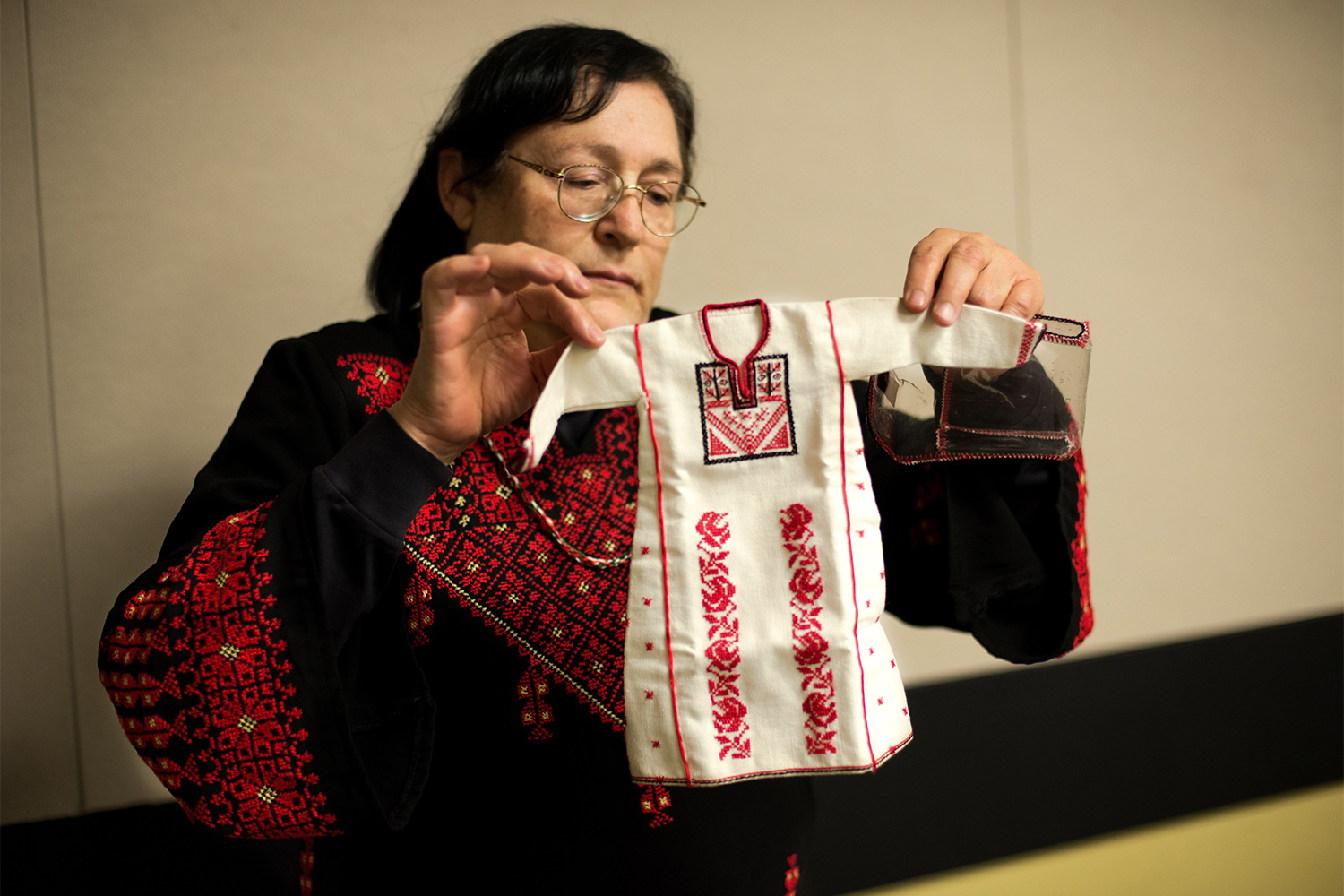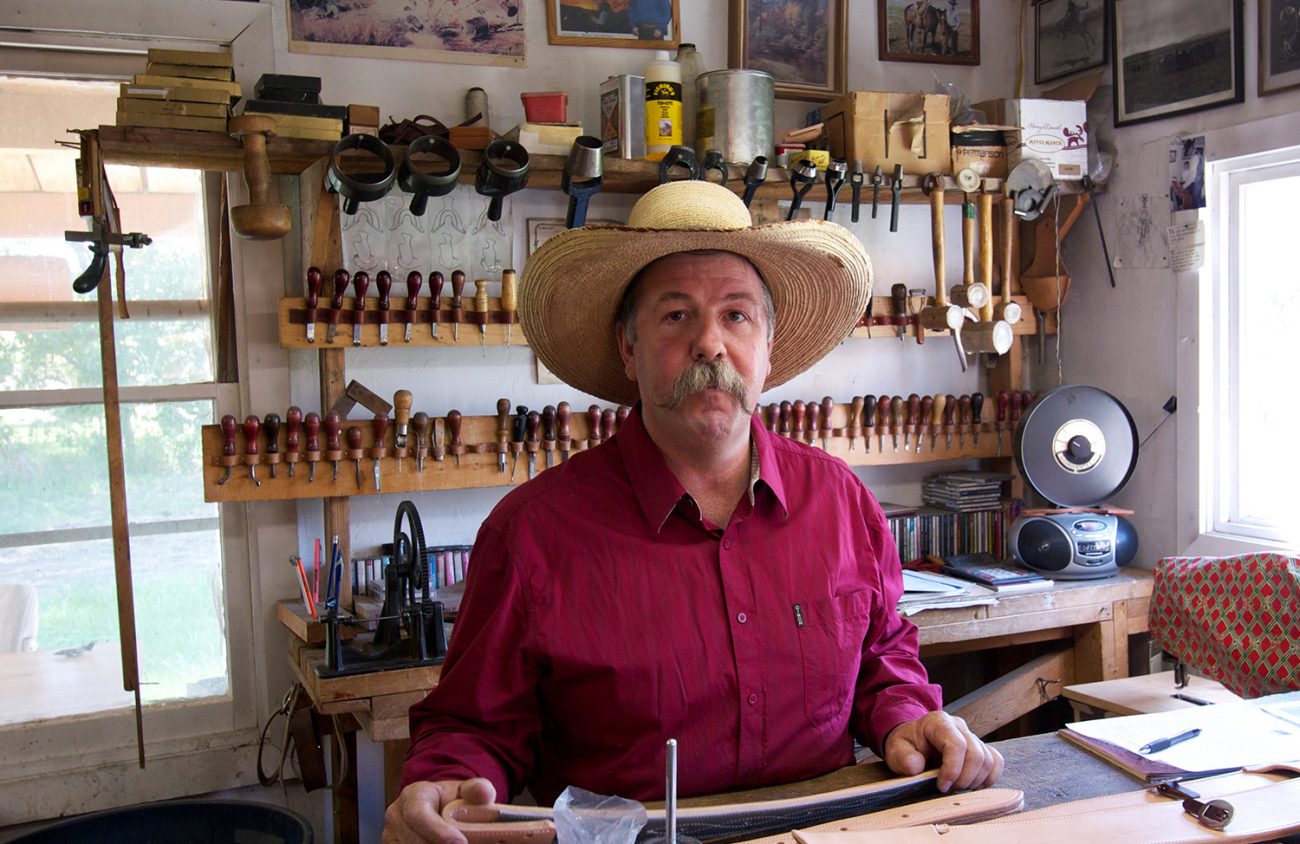The idea that America is a melting pot has long dictated how immigrants should behave when they arrive, which is that they should disappear into mainstream culture, leaving their previous traditions behind. The Oregon Folklife Network’s Traditional Arts Apprenticeship Program (TAAP) opposes the melting pot metaphor. Instead it encourages people of various subcultures to keep their cultural practices alive, to prevent them from being absorbed into the whole.
Past beneficiaries of the TAAP include Western horse trainer Tonya Rosebrook, Persian storyteller Azar Salehi, Folklórico Mexican dancer Maria de Jesús González Laguna and Chinese rod puppeteer Yugin Wang. Rosebrook was born in Portland and learned horsemanship on her grandfather’s ranch in Mount Vernon, Oregon. Salehi grew up in Iran, where her aunt operated an art school attended by women only. It was a “breeding ground” for passing down folklore and stories, she says. She currently lives in Portland.
De Jesús González was born in Celaya, Guanajuato, Mexico. She studied dance and folklore in Mexico before moving with her husband to Oregon in 1993. She lives in Corvallis. Wang was born in Beijing and began studying at the Beijing Opera School at 10 years of age. She and her husband, Zhengli Xu, perform the ancient art of puppetry at Dragon Art Studio in Portland.
Though these awardees’ traditions are different, they have all been identified by the apprenticeship program as master artists or “culture keepers.”
You can see their profile pages, as well as those of other past recipients, on the Oregon Folklife Network (OFN) website. Associate Director Emily West Hartlerode says OFN is working on making a documentary with the material it has accumulated, although there is no finish date yet attached to the project.
Looking through the profiles, you might learn, as I did, that the word “cowboy” can be used as a verb. Len Babb III states on his TAAP profile page, “I cowboyed for over 40 years, so I know how a good saddle should feel.”
A TAAP awardee in 2015-2016, Babb learned how to make saddles from his father. Proving that skills have been passed on through generations within a cultural group is a criterion for selection. Master artists are awarded a stipend to do the same. As culture keepers they pass on their skills to a member of their own cultural group.
Rather than teaching to a class full of students, artists work one-to-one with a single apprentice. Usually the lessons are done in the form of a long-term project that takes up to nine months. Projects, for example, like making a saddle.
The program is supported by the Oregon Arts Commission and the National Endowment for the Arts. In fact, identifying and supporting state folklore, says Hartlerode, was one of the NEA’s first goals.
Oregon Folklife Network is housed on the University of Oregon campus. Due to COVID-19, Hartlerode is temporarily working out of her home. During the time we met online, she kept an eye on her toddler as she told me that she used to work as a child therapist.
Returning to school for a career change, she was still interested in human behavior but decided to focus on culture. Earning a master of arts degree in folklore studies from the University of Oregon, she wrote her thesis on garage band culture. As a folklorist who works for the state, though, the cultures she works with are defined more conservatively, often by ethnicity or occupation.
She says people don’t always consider the work they do as valuable or as art. That’s where folklorists who work with OFN come in. They travel throughout the state, meeting people and identifying their art and traditions.
Enlarge

Photo Courtesy Oregon Folklife Network
Palestinian embroiderer and TAAP awardee Feryal Abbasi-Ghnaim won the award in 2012-2013, 2014-2015 and again in 2017-2018. She also won an NEA National Heritage Fellowship in 2018, and has long been aware of just how valuable her work is.
Since 1980, when she immigrated to the U.S., she has worked for organizations that focus on cultural traditions. In 1985 the Women’s Peace Conference in Nairobi, Kenya featured Abbasi-Ghnaim’s tapestry “Dove of Peace.” Since then she has, among other things, lectured about her art and its history at Portland State University and Lewis and Clark College, and has spent about 15 years presenting workshops in public schools around the greater Portland area.
Abbasi-Ghnaim says Palestinian embroidery has a long history dating thousands of years and that women have documented their lives through this art.
Teaching, in general, has proven to be a challenge during the last half a year of COVID-19. In March 2020, when Oregon set social distancing rules into effect, culture keepers and their apprentices met online. It is amazing how they’ve managed, Hartlerode says. They have found a way to carry on, even with the restrictions.
More information about the Traditional Arts Apprenticeship Program, including examples of some artists’ work, is available on the Oregon Folklife Network website at OFN.uoregon.edu.
